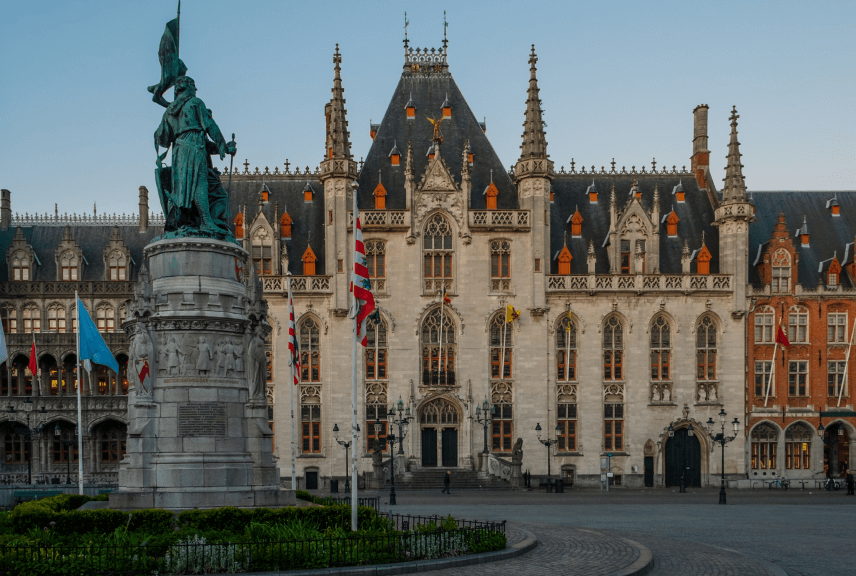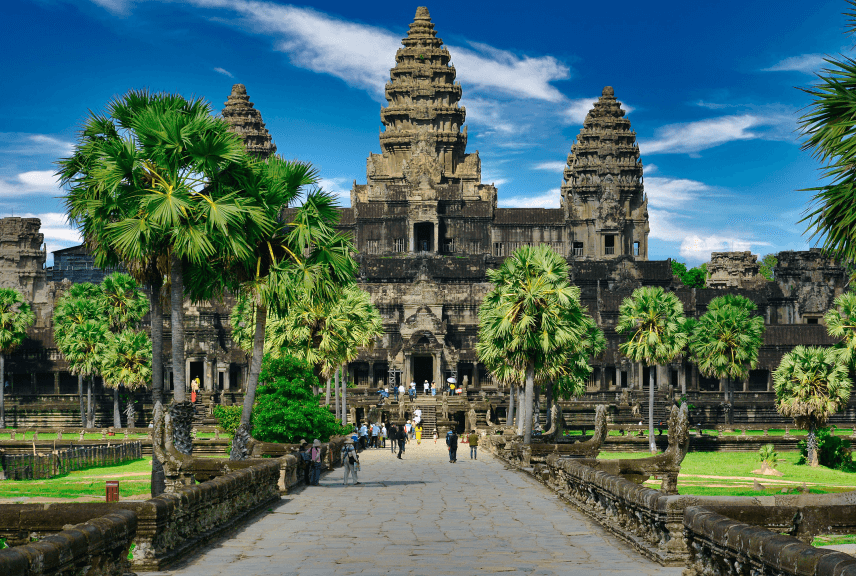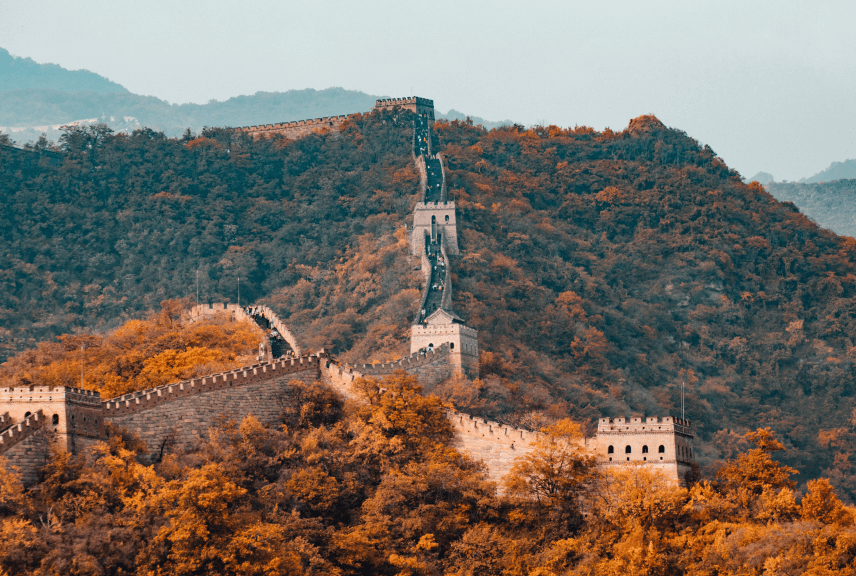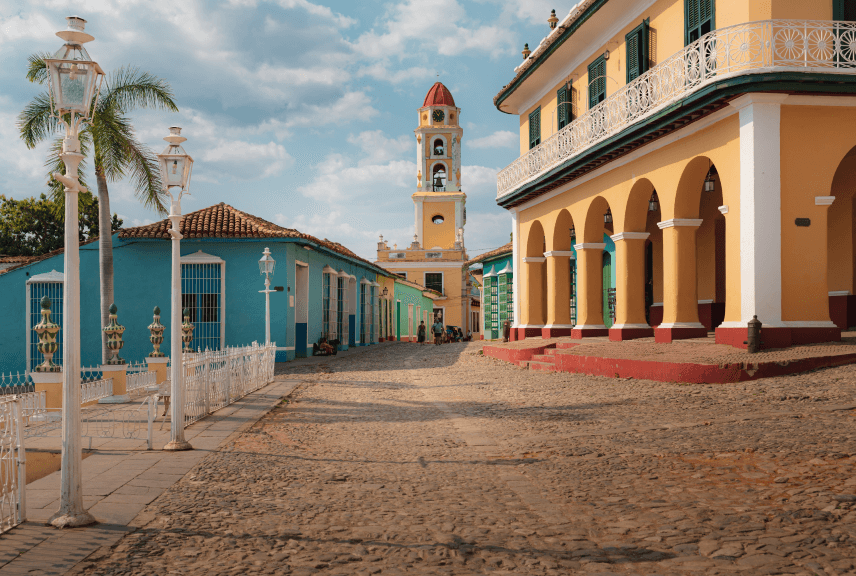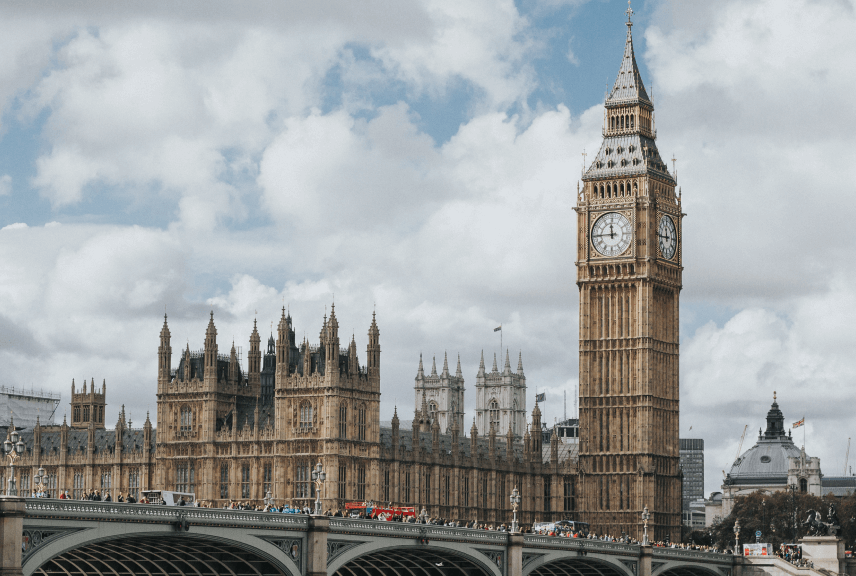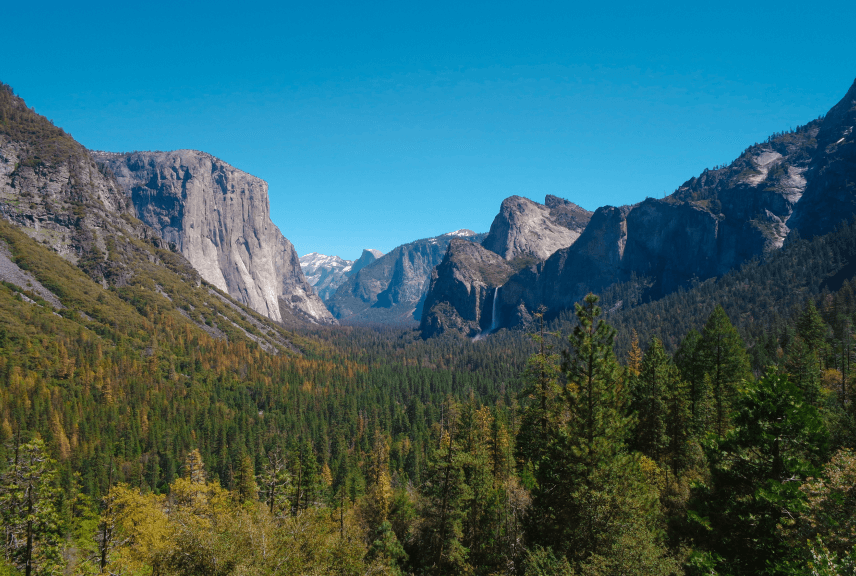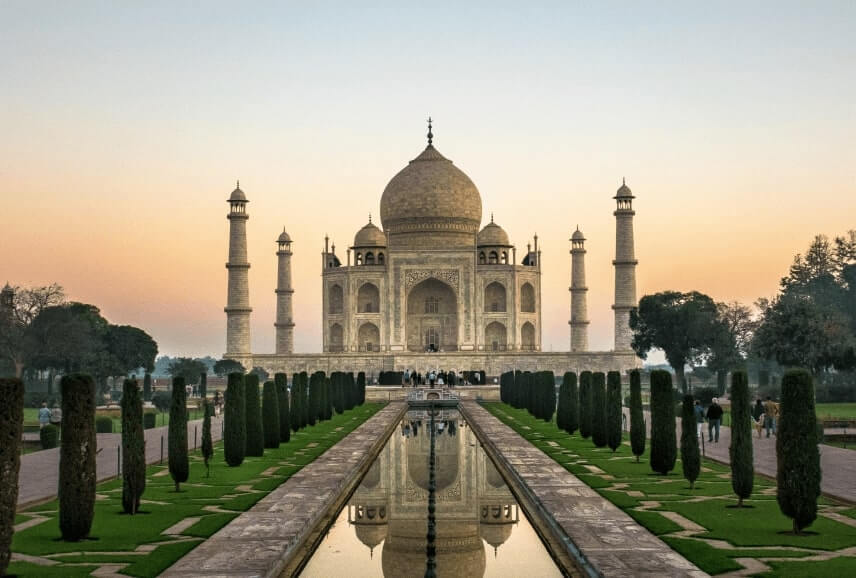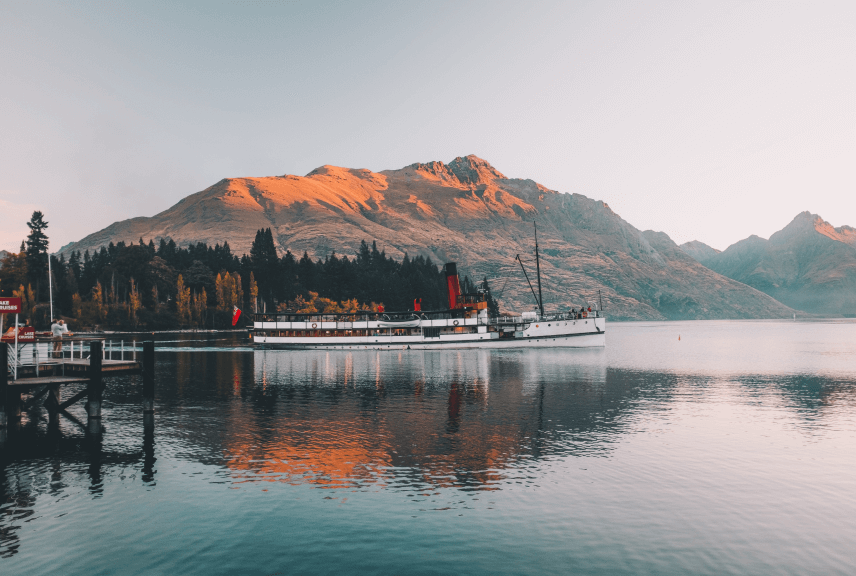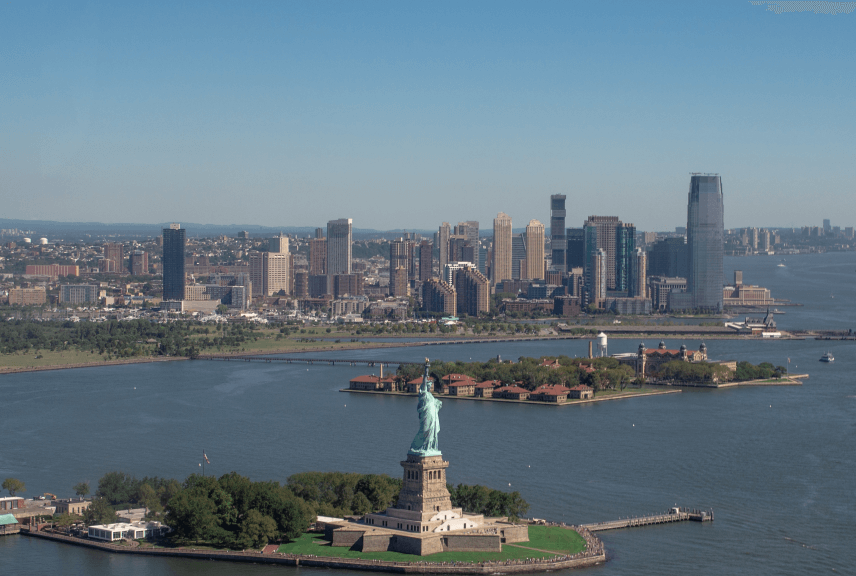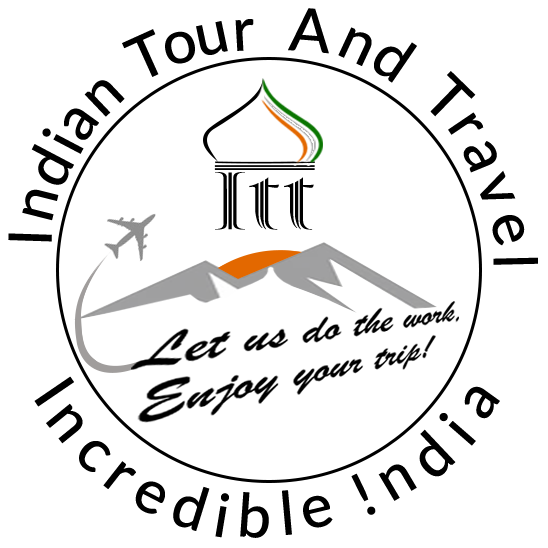India history dates back 5,000 years to the Indus Valley Civilization making it the oldest in the world. Records of India history show that the ancient country possessed a sophisticated lifestyle, a highly developed sense of aesthetics, an astonishing knowledge of town planning and an indecipherable script language.
At one point in India history, the Indus Valley Civilization extended nearly a million square kilometres, existing at the same time as the ancient civilizations of Egypt and Sumer in Mesopotania,some 2,000 years before the Bronze Age.
Spanning nearly 1,000 years, it was brought down by tectonic upheavals that caused a series of floods about 1700 BC. The Aryans, a semi-nomadic people, possibly from Central Asia or northern Iran, migrated into the north-west of the Indian sub-continent between 2,000 BC and their merger with the earlier Dravidian cultures apparently resulted in classical India culture.
The births of Mahavira and Buddha in 6th century BC mark the beginning of well-recorded ancient India history. In the 15th century the Sikh religion was founded in Punjab and during this period Islam, was introduced into a Northern India. Further south on the Western coast Islam was introduced by Arab traders and from that period it has flourished in what is now Kerala.
India was reckoned to be the largest economy of the ancient world between the 1st and 15th centuries AD, controlling between one third and one quarter of the world’s wealth up to the time of the Mughal invasion in the early 16th century when India culture had alredy become firmly established. Four hundred years before the Mughals, Mohammed of Ghori, a ruler from Afghanistan, invaded India and captured Delhi among other places.; When he returned to his homeland he left one of his generals in charge who became the first Sultan of Delhi.
The Delhi Sultanate was to rule for three centuries from 1210. It was an enlightened period not only for India culture but also commerce, with a monetary economy being introduced and a network of market centers being established through which the traditional village economies were both exploited and stimulated. State revenues were based on successful agriculture and village wells were dug and seed was offered to the peasants who were encouraged to grow cash crops like sugar cane.
The Sultans of Delhi permitted non-Muslims to practice their religion on payment of a tax. India’s history shows that a series of towns sprang up based on Sultanate’s widespread military camps and trading posts. One of the greatest contributions of the Sultanate was its resistance to the Mongol invasion from Central Asia in the thirteenth century. The Sultanate ushered in a period of Indian cultural renaissance and the resulting “Indo-Muslim” fusion left lasting monuments in architecture, music, literature, and religion. The Sultanate was eventually conquered by the Mughal emperor Babur in 1526 and it was from this period that India’s economic power began to decline.
The country’s fabled wealth attracted incursions by Arab and Central Asian armies in the 8th and 12th centuries. Traders from Europe started arriving in the late 15th century and India;s wealth strongly influenced the history of medieval Europe. After the landing of Vasco Da Gama, Christopher Columbus discovered America whilst searching for a new route to India and China.
The most successful of the commercial invaders was Britain’s East India Company whose wealth and power later resulted in the establishment of the British Raj which accepted India culture while maintaining its authority. By the middle of the 19th century the British Crown had assumed political control over virtually all of India and effectively ruled the country through the Maharajas until the mid 20th century. Non-violent resistance to British colonialism, led principally by Gandhi brought independence in 1947.
